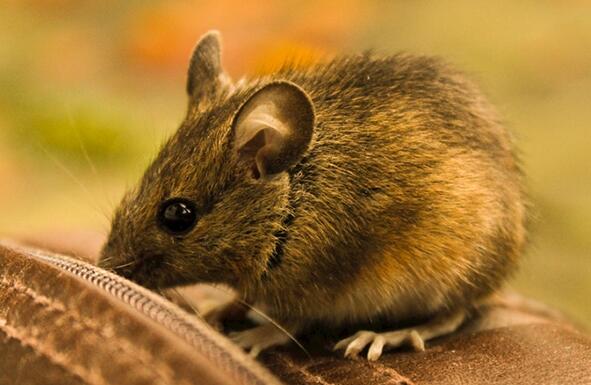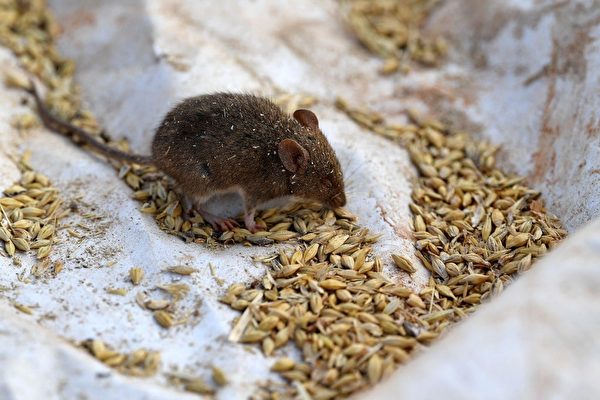Introduction
If you have ever encountered a mouse scurrying across your kitchen floor or heard the unsettling sound of gnawing in your walls, you understand the importance of effective mouse control. Mice not only pose health risks but also cause structural damage to buildings. In this comprehensive guide, we will explore various methods of mouse control to help you keep your home rodent-free.
Understanding Mouse Behavior
Mice are opportunistic creatures that seek shelter, food, and water sources in human habitats. They are nocturnal and possess excellent climbing and jumping abilities, allowing them to access even the most seemingly secure areas of your home.
Signs of a Mouse Infestation
Identifying the signs of a mouse infestation early is crucial for effective control. Common indicators include droppings, gnaw marks on food packaging or furniture, nests made of shredded materials, and the presence of oily rub marks along walls and baseboards.
Methods of Mouse Control
Preventive Measures
Sealing entry points, maintaining cleanliness, and proper food storage are essential preventive measures to deter mice from entering your home.
Natural Repellents
Peppermint oil, cloves, and vinegar are natural substances that mice find repulsive. Placing cotton balls soaked in these repellents near entry points can help deter them.
Traps and Baits
Traditional snap traps, electronic traps, and glue traps are effective for capturing mice. Additionally, baits such as peanut butter or cheese can lure mice into traps.
Chemical Control
Rodenticides are chemical substances designed to kill mice. It’s important to use them cautiously and according to label instructions to prevent harm to non-target animals and humans.
Choosing the Right Method
The most effective mouse control method depends on factors such as the severity of the infestation, the presence of pets or small children, and personal preferences regarding humane treatment of rodents.
Implementing Mouse Control Strategies
Consistency is key when implementing mouse control strategies. Regularly inspecting and maintaining traps, sealing entry points, and practicing good sanitation habits can help prevent future infestations.
Hiring Professional Pest Control Services
For severe or persistent infestations, consulting with a professional pest control service may be necessary. Experienced technicians can assess the situation and recommend tailored solutions.
Maintaining a Mouse-Free Environment
Even after successfully eliminating mice from your home, it’s important to remain vigilant and continue preventive measures to avoid future infestations.
Common Mistakes to Avoid
Overlooking small entry points, using ineffective traps or baits, and neglecting sanitation practices are common mistakes that can compromise mouse control efforts.
Environmental Impact of Mouse Control
While eliminating mice is important for human health and safety, it’s essential to consider the environmental impact of control methods and choose options that minimize harm to non-target species and ecosystems.
Future Trends in Mouse Control
Advancements in technology and increased awareness of environmental sustainability are driving trends toward more humane and eco-friendly mouse control methods, such as ultrasonic repellents and biodegradable baits.
Conclusion
Effective mouse control requires a combination of preventive measures, trapping or baiting, and, in some cases, professional intervention. By understanding mouse behavior and implementing appropriate control strategies, you can protect your home from these unwanted pests.
FAQs
Are mice harmful to humans?
Yes, mice can transmit diseases through their droppings, urine, and saliva, posing health risks to humans.
How do I know if I have a mouse infestation?
Common signs include droppings, gnaw marks, nests, and unusual sounds such as scratching or squeaking.
What should I do if I find a mouse in my home?
Immediately take steps to eliminate the mouse and prevent further entry, such as setting traps and sealing entry points.
Are there any natural ways to repel mice?
Yes, substances like peppermint oil, cloves, and vinegar are known to repel mice.
Is it necessary to hire a professional pest control service for mouse infestations?
In severe or persistent cases, consulting with a professional can ensure thorough elimination and prevention of future infestations.
Post time: Apr-12-2024



